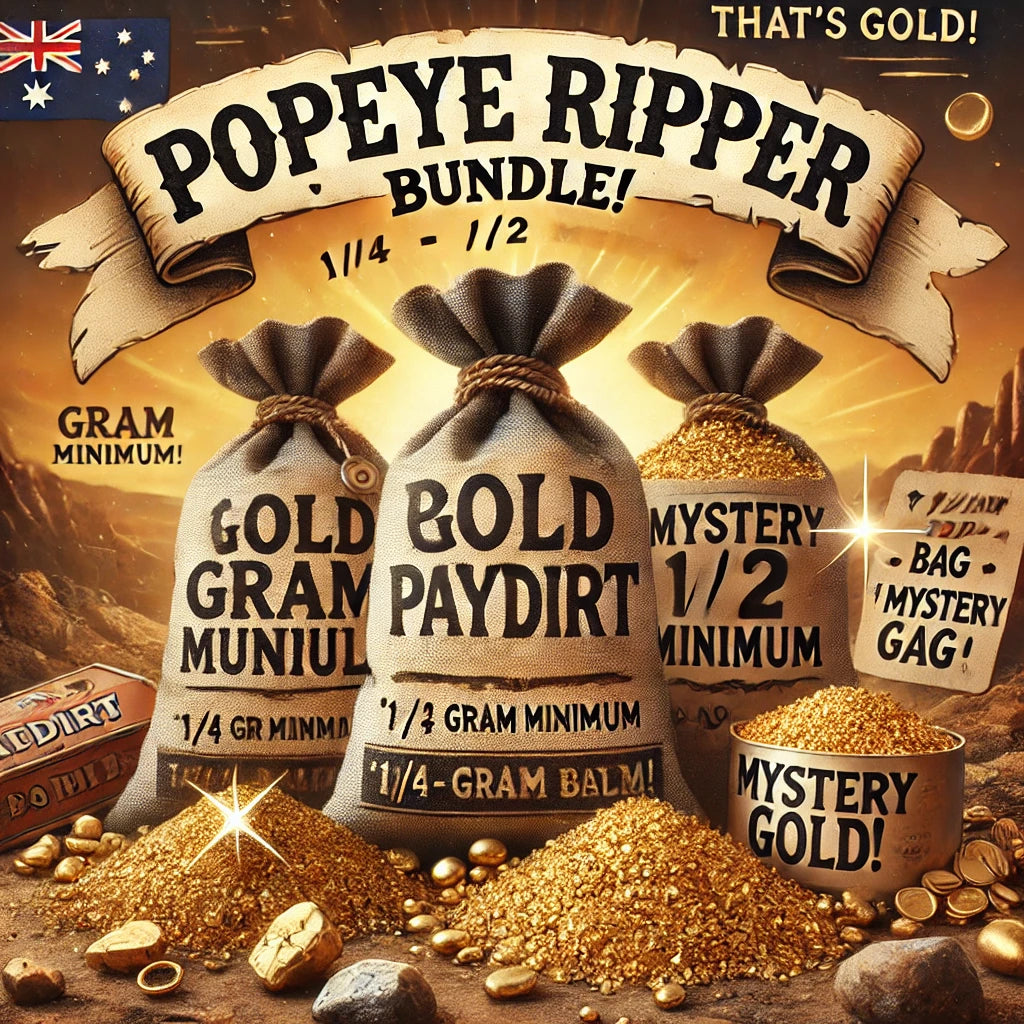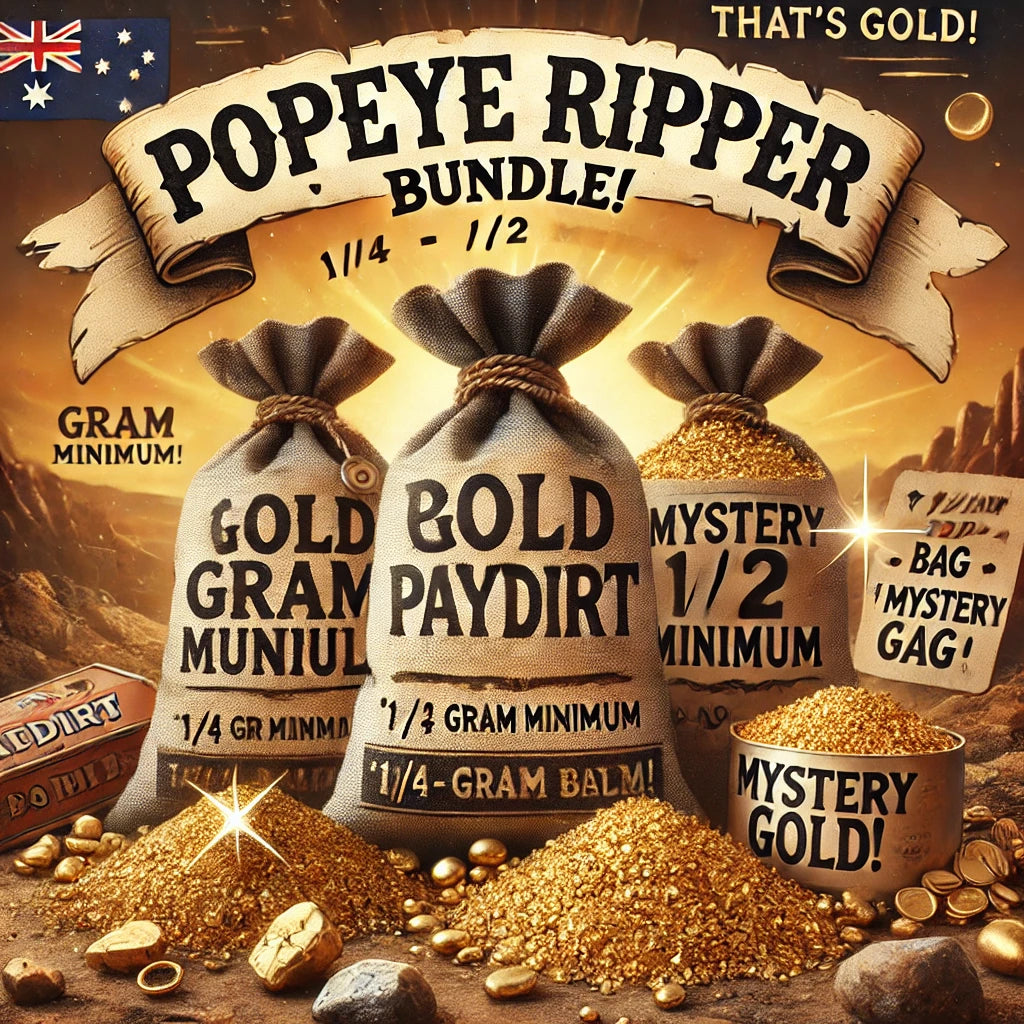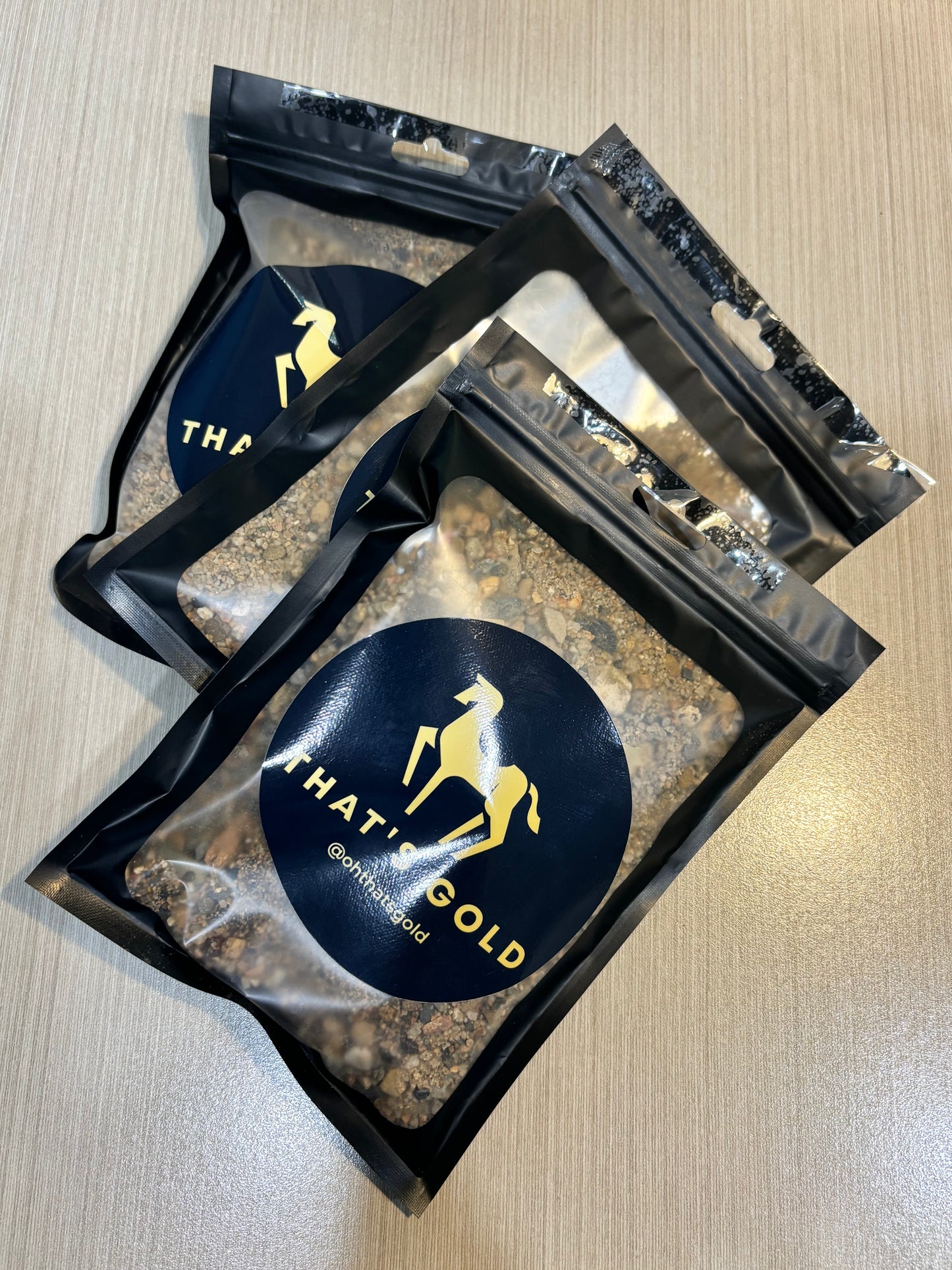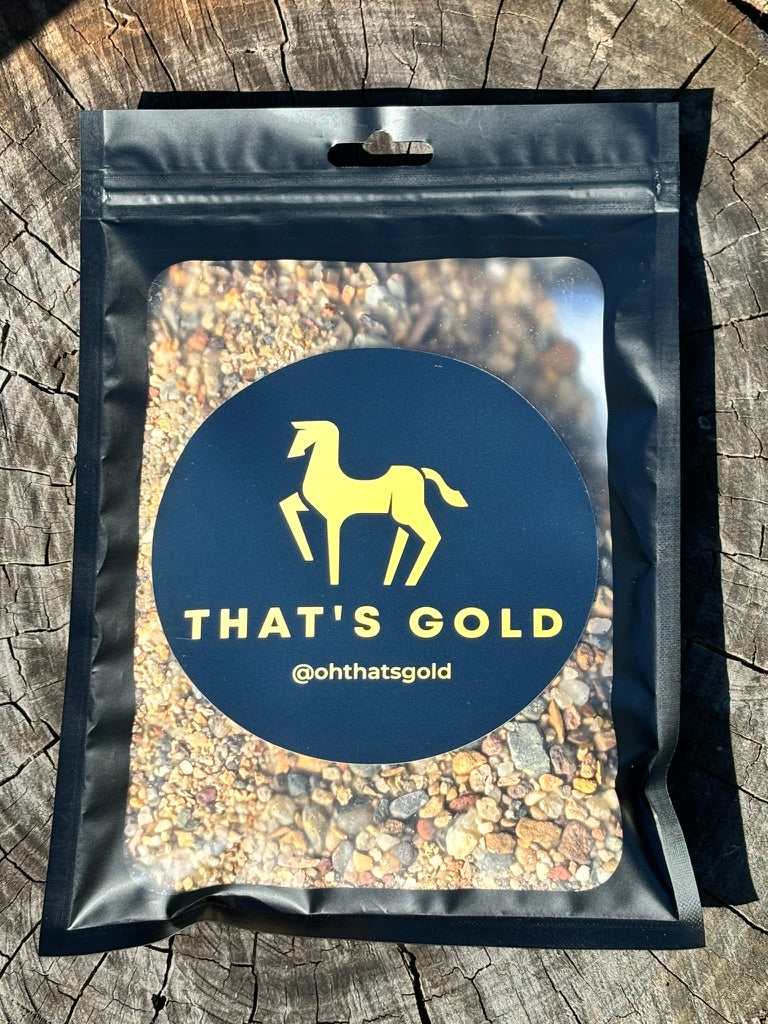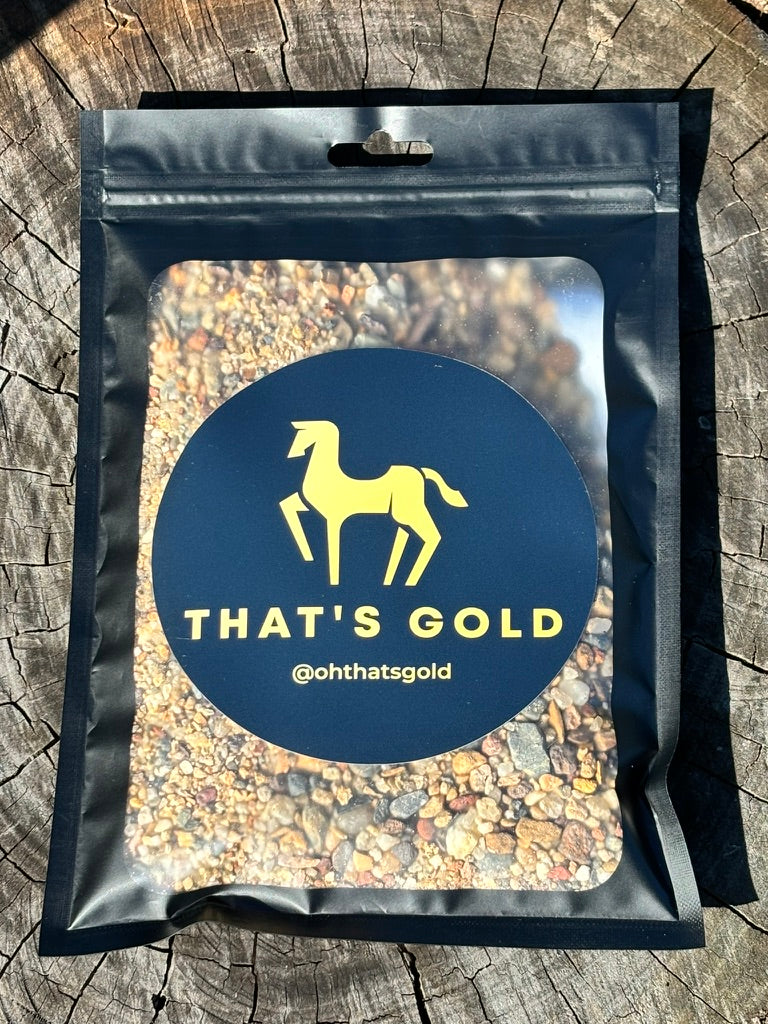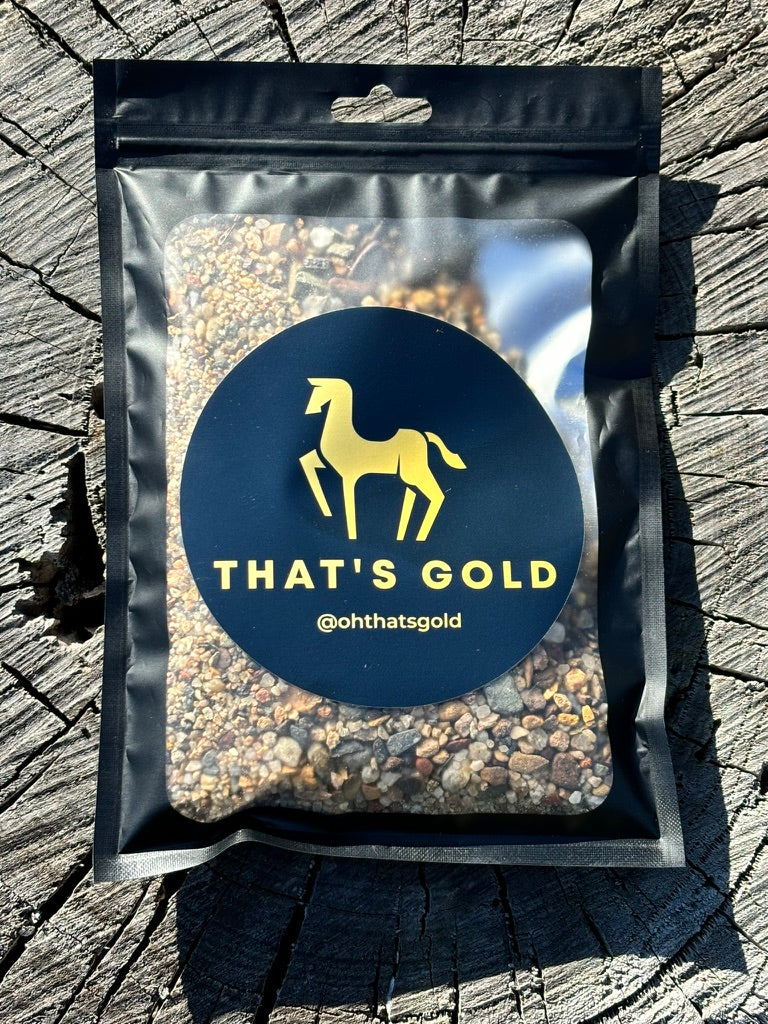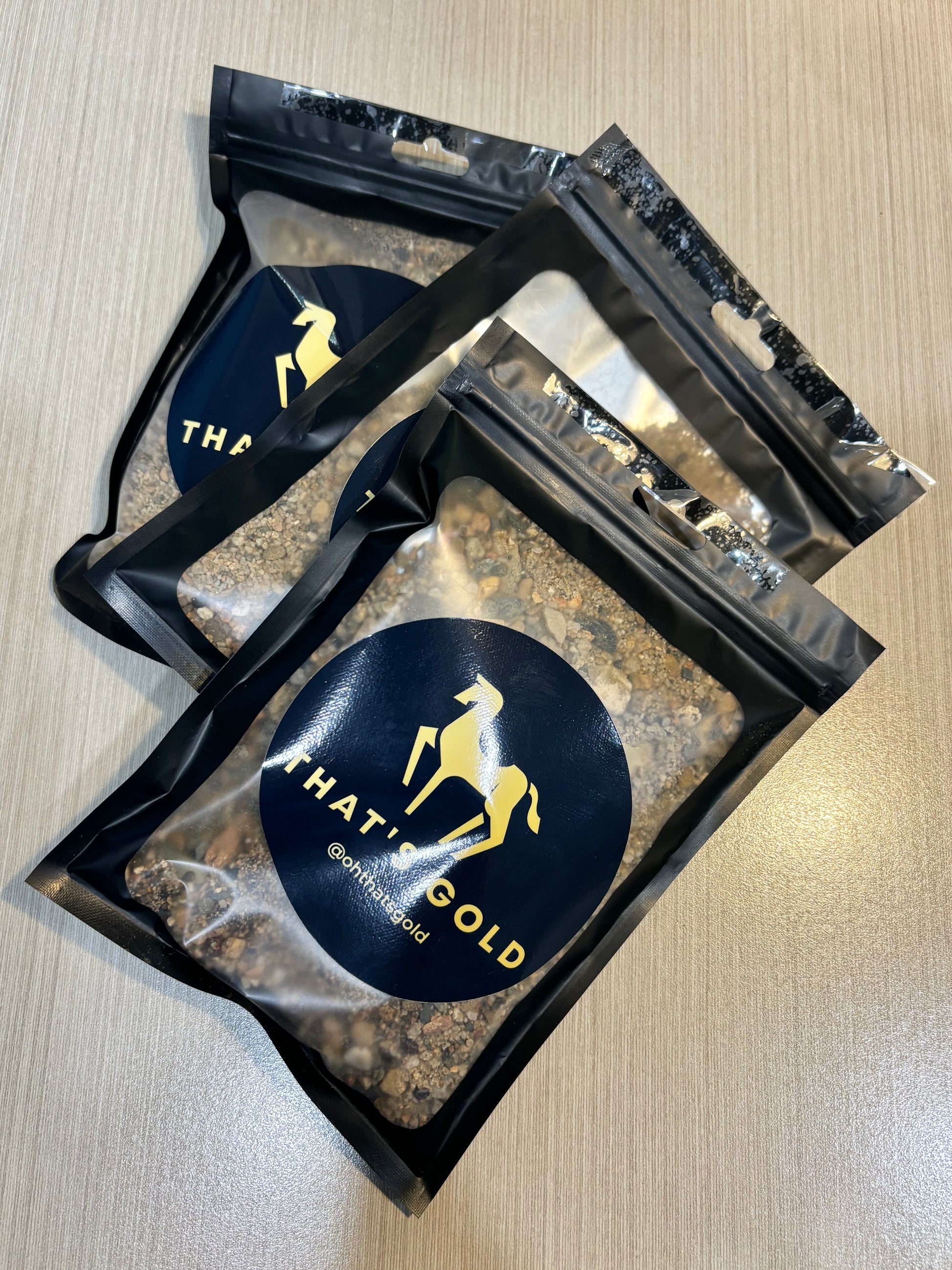If someone is eager to grab their pickaxe and pan for a gold-hunting adventure in Queensland, they need to know about the permits required to do so legally.
Fossicking in public areas requires the right licenses, whether it's an individual, family, club, or educational organisation license.
Understanding these permissions helps adventurers avoid potential fines while enjoying their treasure hunt.

Navigating the laws is crucial for a successful fossicking experience.
While certain areas, like national parks and conservation parks, are off-limits, there are designated fossicking lands available for exploration.
Equipped with the proper tools, such as picks and metal detectors, fossickers can collect gemstones and alluvial gold, making for an exciting outing.
Key Takeaways
- Fossicking in Queensland requires specific permits based on individual or group activities.
- There are designated areas for fossicking where regulations have been established.
- Adventurers can collect various items, including gemstones and gold, while adhering to the rules.
Exploring Fossicking in Queensland

Fossicking in Queensland is a popular outdoor activity that allows individuals to search for gold and other valuable minerals. This guide focuses on understanding what fossicking involves and its historical significance in the region.
Understanding Fossicking
Fossicking in Queensland refers to the recreational search for gemstones and minerals. It provides an opportunity for adventure while connecting with nature.
Individuals can explore designated fossicking areas, which are often found in picturesque landscapes.
Permitted tools for fossicking include:
- Picks
- Shovels
- Hammers
- Sieves
- Metal detectors
However, it's important to remember that machinery like water sluices and dredges are not allowed.
Fossickers may discover a variety of items, including alluvial gold, gemstones, and ornamental stones.
While searching for treasure, they can also enjoy the breathtaking natural beauty of Queensland's outdoors.
Historical Context of Gold Fossicking
The history of gold fossicking in Queensland dates back to the gold rush era of the 1850s. This period saw a massive influx of people seeking fortune in the goldfields.
Towns such as Gympie and Charters Towers became bustling centres of activity, attracting thousands.
The gold rush significantly shaped Queensland’s economy and culture. It not only boosted the population but also facilitated the establishment of infrastructure and services.
This legacy remains, as many fossicking sites still echo the adventures of those early prospectors.
Today, fossicking continues to be a popular pursuit. It reflects a deep appreciation for Queensland’s rich natural resources and historical heritage.
Fossicking Licences and Permits

Fossicking in Queensland requires proper licensing. Each type of licence serves a different purpose, and knowing how to apply for them is essential for any fossicker.
Types of Fossicking Licences
There are several types of fossicking licences available:
- Individual Licence: This is for solo fossickers and allows one person to fossick in approved areas.
- Family Licence: This licence covers a whole family, including the licence holder, partner, and any dependent children under 23.
- Club Licence: Members of gem or lapidary clubs can obtain a licence through their organisation, which allows all members to fossick.
- Educational Organisation Licence: Schools, colleges, and museums can secure a licence that covers their staff and students during fossicking activities.
- Commercial Tour Operator Licence: This licence is necessary for those who lead commercial fossicking tours. It’s limited to groups of up to 50 people.
How to Apply for a Licence
Applying for a fossicking licence can be done easily.
Applicants may visit the mines assessment hub or purchase one online through an authorised agent.
To apply online, users need to access the secure payment gateway provided by the Queensland Government.
Required information typically includes the type of licence being requested and personal identification details.
It’s vital to ensure all information is accurate to avoid delays in processing.
Regulations and Conditions
Fossicking regulations are strict to protect Queensland’s natural resources.
No fossicking is allowed in national parks, conservation parks, or wildlife reserves.
Licences must be current and are specific to the type of fossicking being performed.
Fossickers should only use permitted tools such as picks and shovels, while machinery like water sluices is banned.
Each licence type has different conditions, such as the number of people allowed and the areas that can be accessed.
For full details on restrictions and permitted activities, fossickers should refer to guidelines outlined by the Queensland Government.
Fossicking Areas and Land Designations

Fossicking in Queensland requires awareness of the various areas designated for this activity. Understanding the types of lands available and how to locate them can enhance one's fossicking experience.
Mapping Your Fossicking Adventure
Fossickers can find opportunities in several locations throughout Queensland.
Maps that indicate fossicking areas are crucial for planning a successful trip.
Notable locations include Clermont, known for its sapphires, and Opalton, which boasts opals.
Other significant sites include Anakie, Yowah, and Emerald, offering various gems and minerals.
The maps will show both general permission areas and designated fossicking lands, ensuring fossickers know where they can search legally.
Visitors must keep an eye out for signposted areas and local guidelines to make the most of their adventures.
Designated Fossicking Lands
Designated fossicking lands are specific zones established by the government in cooperation with local authorities.
These locations are essential for recreational fossicking, as they are set aside from national parks, conservation parks, wildlife reserves, state forests, and timber reserves.
Visitors can engage in fossicking here without needing individual permits.
Some well-known designated areas include Agate Creek, Gympie, and the newly established site in Blair Athol State Forest.
Each area varies in regulations, so fossickers should confirm any specific rules applicable to the site they choose to visit.
Tools and Collectible Items

When fossicking in Queensland, having the right tools makes a big difference. There are specific tools approved for use, and knowing what collectible items are allowed enhances the adventure.
Approved Fossicking Tools
Fossickers can use a range of hand tools to uncover treasures. The following items are permitted:
- Pick: Great for breaking up hard ground.
- Shovel: Useful for digging and moving soil.
- Sieve: Helps separate materials, allowing fossickers to sift through dirt.
- Metal Detector: Ideal for finding hidden metal treasures, including alluvial gold and other valuable items.
Important Note: Machinery like water sluices with electronic pumps and dredges is not allowed. Using hand tools keeps the fossicking experience eco-friendly and accessible for everyone.
Treasures of the Earth: What You Can Collect
Fossickers in Queensland can discover a variety of collectible items. This includes:
- Gemstones: Such as opals, sapphires, and emeralds.
- Mineral Specimens: Different types of minerals that can be found in the earth.
- Alluvial Gold: Shiny nuggets are a prized find among fossickers.
- Fossil Specimens: Some fossils are collectible, but don’t include meteorites or vertebrate fossils.
While fossicking, it's crucial to know what you can take home. Collecting lost coins and jewellery does not require a licence when done on beaches. This knowledge can make any fossicking trip much more rewarding.
Compliance and Safety in Fossicking
Fossicking is an exciting activity, but it also comes with responsibilities. Understanding the rules and ensuring safety are vital for an enjoyable experience.
Following Fossicking Rules
Fossickers must strictly adhere to fossicking rules set by the Queensland Government.
A fossicking licence is essential and allows individuals to collect materials by hand for recreational purposes.
Fossickers should also know where they can legally operate.
Fossicking is prohibited in national parks, wildlife reserves, and certain designated lands. Specified fossicking areas are established for this purpose.
Failure to follow these rules can result in infringement notices or fines.
It’s crucial for fossickers to stay informed about allowed activities to avoid penalties.
Ensuring a Safe Fossicking Experience
Safety should always be a top priority while fossicking.
Individuals must use permitted tools such as picks and shovels while avoiding machinery like water sluices.
Appropriate safety gear is also recommended.
This includes gloves, sturdy boots, and sun protection.
Fossickers should be aware of their surroundings, especially when near water sources or on unstable terrain.
It is wise to travel with a partner and carry a first-aid kit.
Furthermore, compliance with local camping regulations is essential if planning to camp during the fossicking trip.
Fossicking camping permits may be required in certain areas.
Responsible habits ensure a safe and enjoyable experience for all fossickers.
Sale and Trade of Fossicked Goods
Fossicking can lead to valuable finds that may be sold or traded. Collectors often look for gemstones, gold, and mineral deposits. It is crucial to understand the regulations surrounding these activities.
Selling Fossicked Goods
Individuals can sell their finds, such as gemstones and alluvial gold. However, they should ensure their activities comply with local laws.
Trading Fossicked Finds
Trading is another option. People can exchange their collected goods with other fossickers. This often occurs at gem shows and mining fairs.
When considering sale or trade, it is important to assess the value of minerals or metals collected.
Market prices for items can fluctuate. Therefore, understanding the current market is beneficial.
Restrictions and Regulations
While discovering valuable items is exciting, legal restrictions may apply. Fossickers should check if certain materials can be sold or traded.
For instance, some fossils have specific protections in place and cannot be sold legally.
In addition, gained rights through mining claims can affect the ability to sell finds.
Fossickers should verify any claims on the land they are working on to avoid legal issues.
Those engaged in selling or trading should remain informed. A clear understanding of the law will ensure a smooth process in enjoying their fossicking journey.
Frequently Asked Questions
This section addresses common queries related to fossicking permits in Queensland. It covers the types of licenses available, restrictions within protected areas, and details about permissible equipment and collection items.
What types of fossicking licenses are available in Queensland?
In Queensland, several fossicking licenses cater to different needs.
Individuals can obtain an individual license. Families can apply for a family license, which covers the entire household. Members of gem or lapidary clubs may hold a club license. Educational organizations can secure a license for their staff and students. Commercial tour operators need a specific license for leading tours.
What are the restrictions on fossicking in national parks and reserves in Queensland?
Fossicking is prohibited in national parks, conservation parks, wildlife reserves, state forests, and state timber reserves.
Individuals should be aware that these areas are protected to conserve the natural environment. It is crucial to follow these restrictions to avoid legal penalties.
What equipment is permitted for use during fossicking activities in Queensland?
Permitted tools for fossicking in Queensland include picks, shovels, hammers, sieves, shakers, and metal detectors.
However, users must refrain from using machinery such as water sluices with electronic pumps or dredges, as these are not allowed.
Are there specific areas in Queensland designated for fossicking without special permission?
Yes, Queensland has specific areas designated for fossicking that do not require special permission.
These include general permission areas and designated fossicking lands, established in cooperation with local landowners and authorities. Checking local regulations and maps is advisable before heading out.
What items are you allowed to collect while fossicking in Queensland?
While fossicking, individuals can collect gemstones, ornamental stones, mineral specimens, alluvial gold, and some fossil specimens.
However, certain items such as meteorites and vertebrate fossils are not permitted for collection.
How can you legally sell or trade materials that you've collected while fossicking?
Legally selling or trading collected materials from fossicking requires adherence to local regulations.
Individuals should ensure they comply with any licensing requirements for commercial sales. It is advisable to consult relevant authorities for information on necessary permits and regulations.

